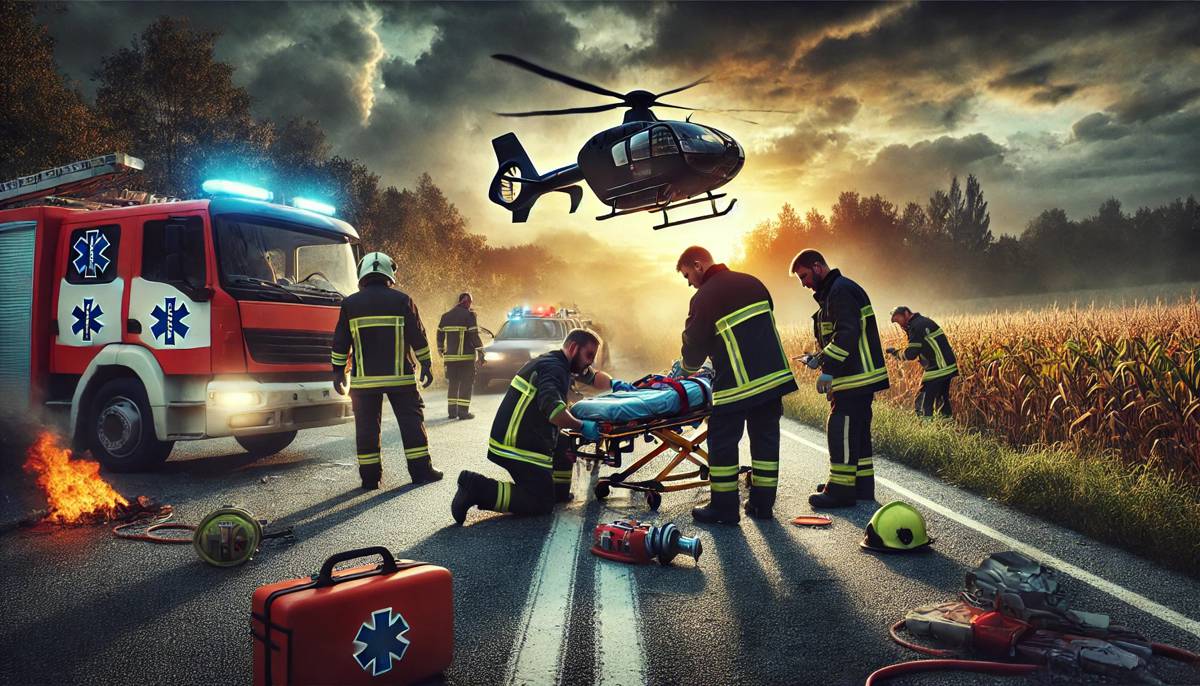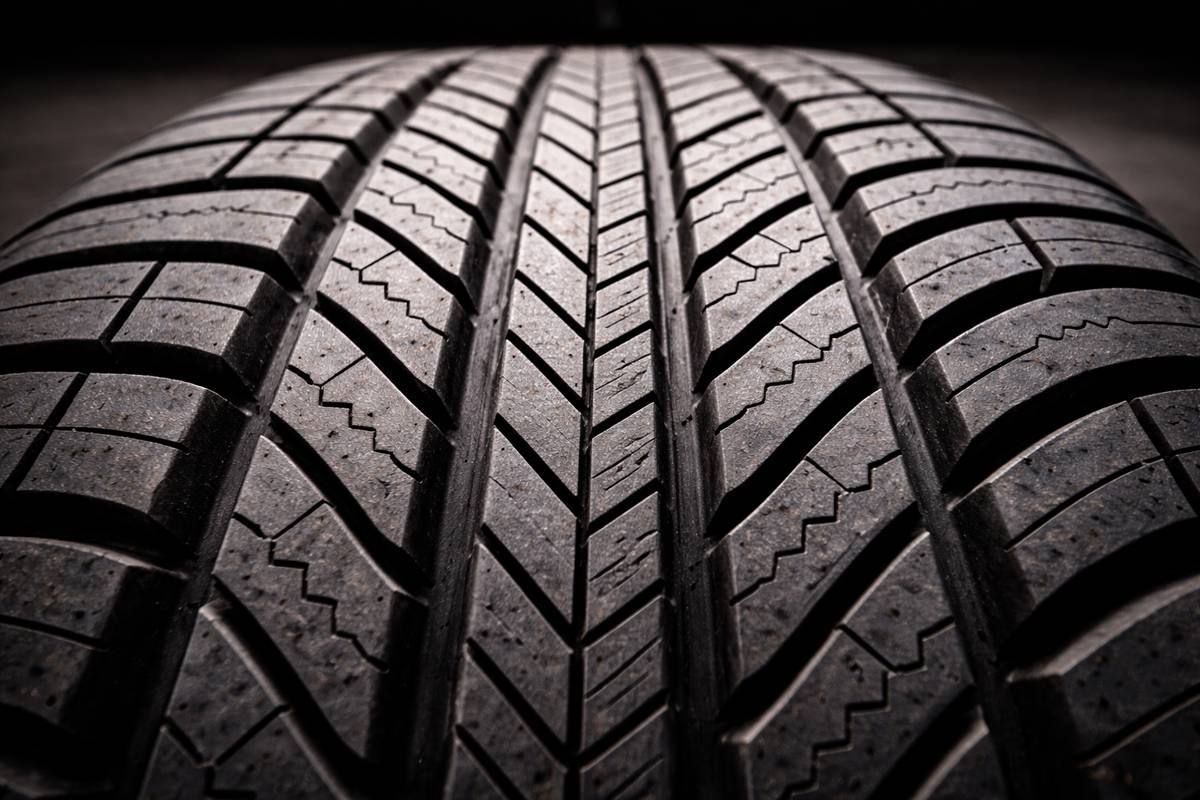TeCall saving lives with faster Road Crash Response
Road safety is no longer just about seat belts, speed limits, or traffic signs; it’s about harnessing cutting-edge technology to save lives. A new initiative by VESOS Solutions, an emerging leader in eCall consultancy and software, is making waves with its TeCall solution—a ground-breaking system designed to transform emergency responses to road accidents.
With the support of National Highways and Connected Places Catapult, TeCall is set to revolutionise how we respond to collisions, particularly in rural areas where timely intervention is critical.
TeCall’s Game-Changing Approach
TeCall, developed by VESOS Solutions, leverages eCall data—a mandatory feature in most new vehicles sold in the UK since 2018—to deliver real-time, detailed information directly to emergency responders. Activated automatically during incidents when airbags deploy, eCall transmits crucial details like the vehicle’s location, make, model, propulsion type, and even adaptations for vulnerable passengers. The aim? To equip police, paramedics, and firefighters with precise data before they arrive on the scene, enhancing preparedness and drastically cutting response times.
“We’re not just talking about shaving seconds off response times; we’re talking about saving lives,” said Danny Woolard, co-founder of VESOS Solutions. “On rural roads, where statistically 63% of annual road deaths occur, the automatic sharing of the exact location will assist emergency services to attend within the ‘platinum 15 minutes’ for trauma interventions.”
This crucial window can mean the difference between life and death in severe crashes, especially in hard-to-reach locations.
Accelerating Response Times
So, what sets TeCall apart? The system’s capability to immediately sift through and analyse eCall data stands at its core, streamlining the flow of information to emergency services. This isn’t just about location data—it’s a comprehensive package of details that can flag the involvement of electric vehicles, wheelchair-accessible vehicles, or cars carrying vulnerable individuals, all of which demand specific approaches from responders.
In the trial phase, TeCall’s data is being merged with existing National Highways and INRIX traffic information. This fusion aims to provide a more holistic view of each incident, further enhancing the speed and accuracy of emergency responses.
VESOS Solutions anticipates that by equipping responders with this level of detail, false alarms can be filtered out, and the right resources can be dispatched with precision.
Testing TeCall’s Impact on Rural Roads
The real litmus test for TeCall lies in its trial with National Highways. This trial is crucial, as it will provide the necessary data to measure improvements in emergency response times and assess TeCall’s broader impact on road safety. With rural roads accounting for a significant majority of road deaths in the UK, this trial could prove pivotal.
Woolard and his team are optimistic about the potential outcomes.
“Before heading to a collision, police, firefighters, paramedics, and doctors will be better prepared, knowing what vehicle they will find – for example, an electric vehicle – and where exactly they need to go,” Woolard explains. The ability to pre-emptively gather this information means first responders will not only arrive faster but also come better prepared, ultimately enhancing the effectiveness of life-saving interventions.
The VESOS Team’s Expertise
VESOS Solutions isn’t just any tech start-up. It’s the brainchild of four seasoned professionals—Danny Woolard, Andy Rooke, Andy Graham, and Alan Gentle—each bringing decades of experience in connected vehicle technology, road safety, and data analysis. The team’s vision goes beyond TeCall; they’re at the forefront of eCall implementation, offering consultancy and strategic advice to organisations looking to leverage this underutilised technology.
“Our expertise isn’t just in technology but in understanding how to translate raw data into actionable insights that can save lives,” says Andy Rooke. The team’s commitment is clear: they’re dedicated to transforming how road incidents are managed, pushing boundaries to ensure that technology plays a vital role in making roads safer.
Why TeCall Matters Now More Than Ever
The significance of TeCall extends beyond the immediate impact on emergency response times; it represents a broader shift towards data-driven decision-making in road safety. The UK’s road network is increasingly complex, and incidents are inevitable. However, the way we respond to them can evolve dramatically through technology like TeCall, which aims to reduce response times, increase efficiency, and ultimately, save lives.
As VESOS continues to push forward with TeCall, their work serves as a reminder of the critical role technology plays in modern infrastructure. The potential for integrating TeCall into national road safety strategies is significant. If the trials prove successful, this could set a precedent for eCall data utilisation worldwide, changing the face of emergency response forever.
A Safer Road Ahead
The trial of TeCall isn’t just about one software’s success; it’s about paving the way for a safer, smarter approach to handling road incidents. With the backing of National Highways and the innovative drive of the VESOS team, there’s a palpable sense of optimism that TeCall could become a staple of emergency response protocol.
In an era where every second counts, having the right information at the right time is invaluable. For VESOS Solutions, the journey is just beginning, but the potential to make a real difference is already clear. With continued development, investment, and support, TeCall could well be the blueprint for the future of road safety.





























